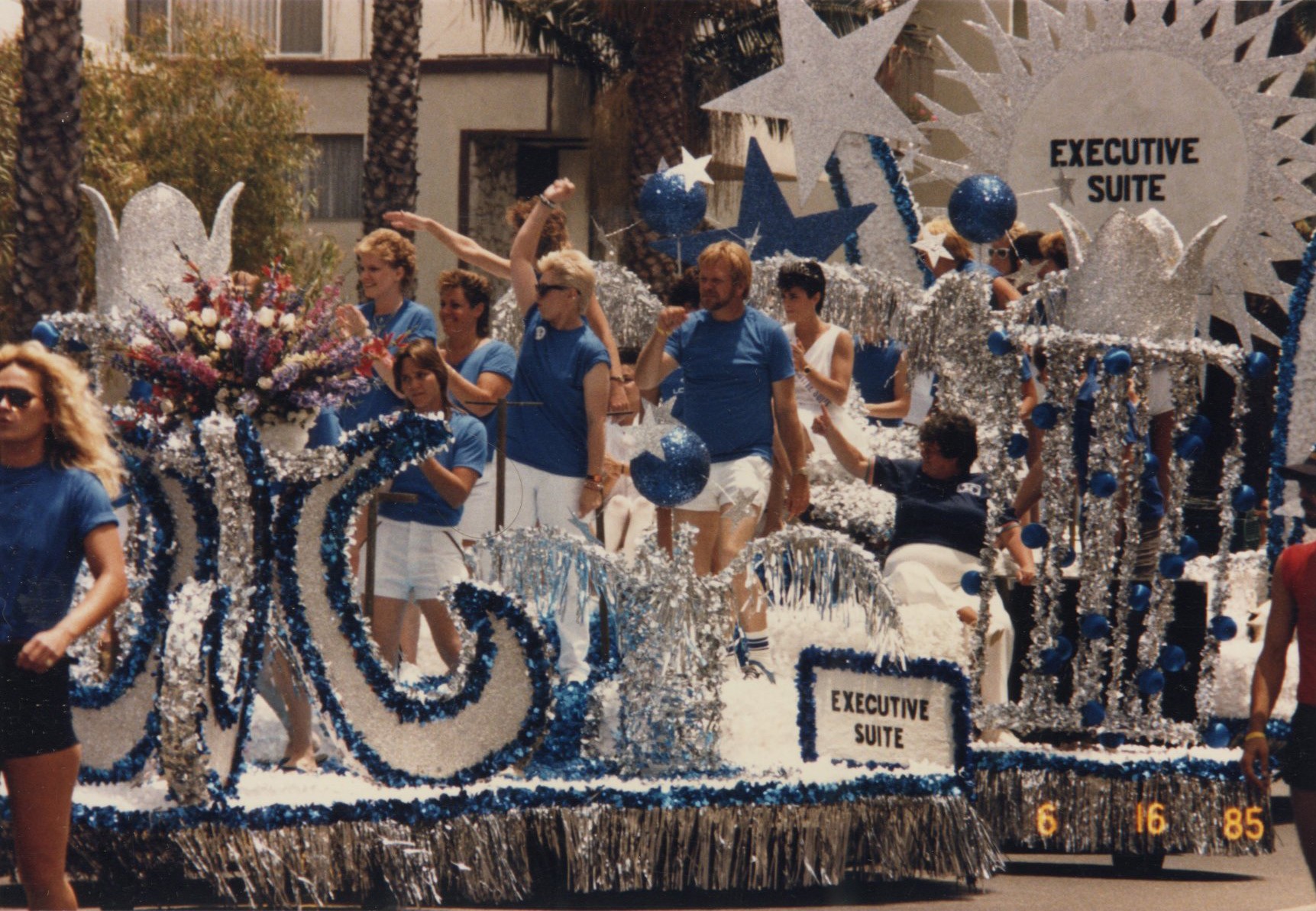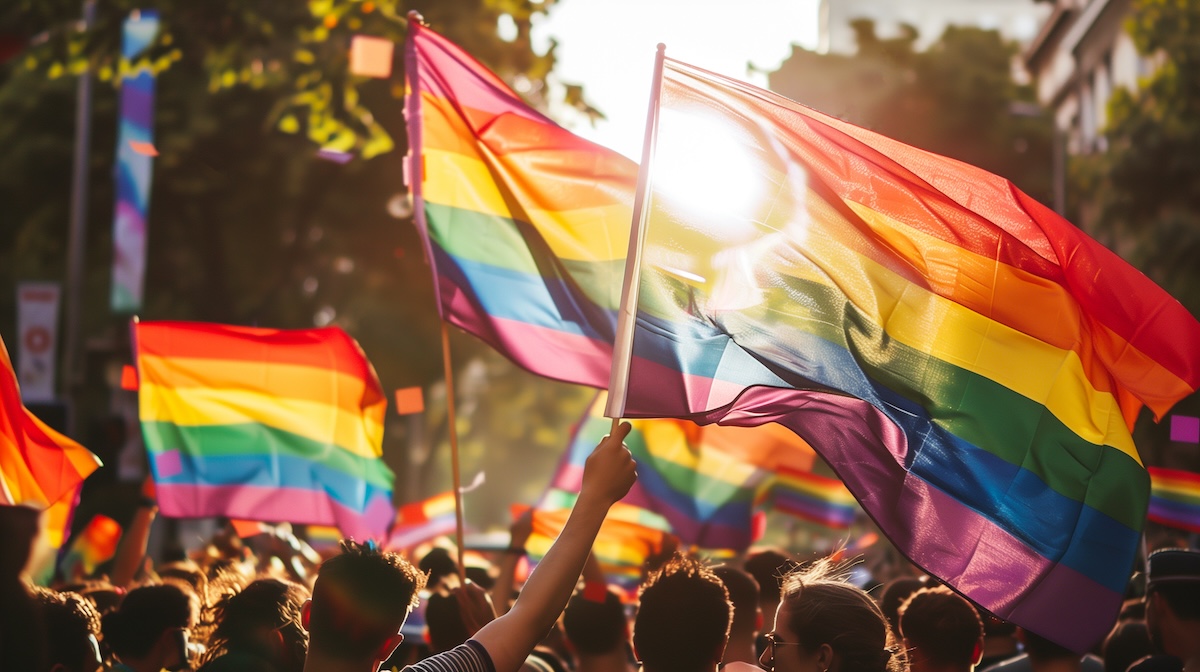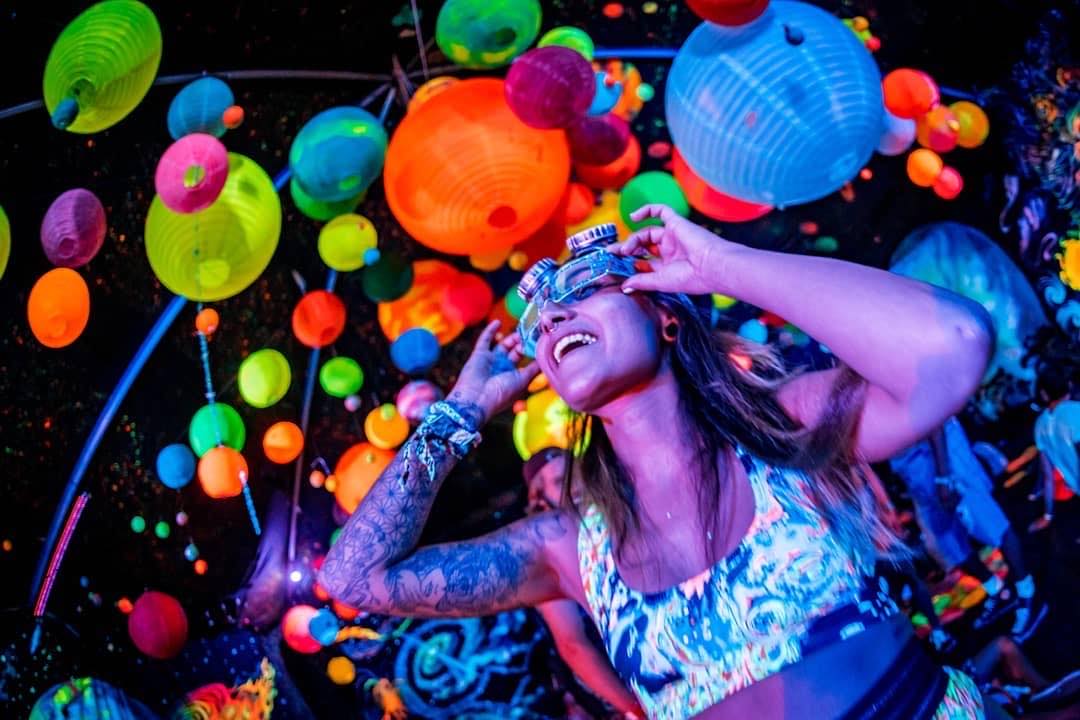Pride is an important celebration that commemorates the progress made in the advancement of LGBTQ civil rights. These celebrations have played a vital role in providing a platform for members of the community to advocate for equality, express their identities, and celebrate love and acceptance.

People take part in one of New York City’s first Pride marches in 1973. (Image by Fred W. McDarrah, CNN.com)
The history of where Pride events all started is notably traced back to The Stonewall riots, which were a series of demonstrations in response to a police raid that took place in June of 1969, at the Stonewall Inn in New York City. The Stonewall Inn was a popular gathering spot for the LGBTQ community during a time when homosexuality was illegal and discrimination against the community was rampant.
The raid was conducted by the New York City Police Department’s Public Morals Division, which heavily targeted establishments known to serve members of the LGBTQ community. The raid was not uncommon, but what happened next was unprecedented. Instead of dispersing, as many had done in the past, the patrons of the Stonewall Inn resisted the police. The situation quickly escalated into a violent confrontation, with the police using excessive force and the LGBTQ community fighting back.

The Stonewall riots started in the early morning hours of June 28, 1969, when patrons of the Stonewall Inn fought back against a police raid. (Image by Fred W. McDarrah, CNN.com)
The riots continued for several nights, with the queer community and their allies taking to the streets to demand their rights and protest against the discrimination they faced in society. The Stonewall riots are widely regarded as the catalyst for the modern LGBTQ rights movement, and it marked the beginning of a new era of visibility and activism for the community.
Gay bars especially began to play an important part in this new era of advocation for LBGTQ rights; not only did these establishments provide a place of refuge and acceptance, but they also served as important sites for activism.
Long Beach in particular was becoming well known for its growing queer bar scene during this time. West of the Pacific Coast Highway, The Patch was another establishment that was subject to police harassment for servicing the LGBTQ community. Lee Glaze, the owner of The Patch in the late 60s, was known to warn patrons of undercover police officers by playing “GOD SAVE THE QUEEN” on a jukebox. But on an evening in 1968, even before the Stonewall riots, the bar was raided by six LAPD officers who had made several arrests.

“The Patch” bar, which was formerly located west of Pacific Coast Highway, served members of the LGBTQ community in the late 60’s into the 70’s and was often targeted by police. (Image via ONE archives at the USC libraries, one.usc.edu)
Outraged, Glaze and the rest of the bar patrons marched to a flower shop to buy out all the flowers and headed to the Harbor Division Police Station. In a peaceful demonstration, they waited outside of the station with flowers until those who had been arrested made bail and were released.

The arrest of patrons that took place at The Patch bar inspired the venue’s owner, Lee Glaze, to stage a peaceful “flower power” protest in the Harbor Division Police Station. (Image via ONE archives at the USC libraries, one.usc.edu)
Demonstrations that followed police raids were pivotal to bringing attention to the unjust laws and treatment against LGBTQ people, and would eventually lead to political reform and the creation of organizations dedicated to helping the community. The Long Beach Lesbian & Gay Pride Inc. (LBLGP, Inc.) would later be formed in 1983, and in 1984 they produced the first annual Long Beach Lesbian & Gay Pride Festival & Parade.
The parade has grown to be one of the largest gay pride events in the nation, dedicated to encouraging self-worth within the community and donating funds to organizations and charities. The event’s success in its early years was an indicator of the growing acceptance of the LGBTQ community, but it still saw pushback from people who remained opposed to their lifestyle.

Demonstrators oppose the Long Beach Lesbian & Gay Pride Festival & Parade circa 1980s. (From the Archives of The Historical Society of Long Beach)
Despite this, LGBTQ bars and allies, such as Executive Suite, The Silver Fox, and Club Ripples continued to march along Ocean Blvd. in their elaborately decorated floats every year to show that the community was here to stay. In many ways, Pride has provided a sense of hope in the ongoing fight against discrimination and laid the groundwork for further progress in equal rights. By celebrating pride, we not only recognize the history of the fight for equality, but we also work toward an inclusive future that respects humanity as a whole for generations to come.

Executive Suite bar’s float at the Long Beach Lesbian & Gay Pride Festival & Parade in 1985. LGBTQ bars have played an important role in the history of advocating for queer rights and showing up for the community. (From the Archives of The Historical Society of Long Beach)











What do you think?
Show comments / Leave a comment